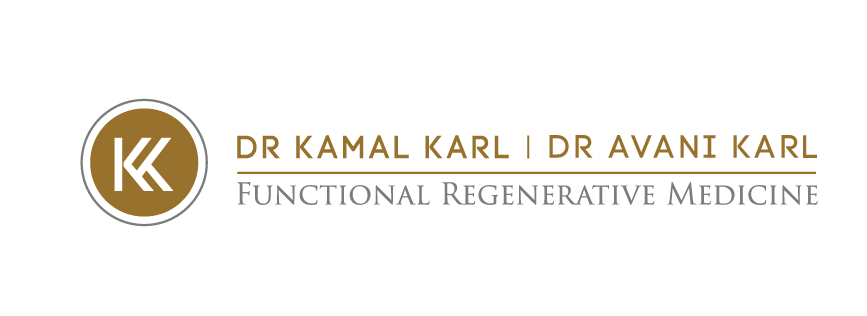Why does food have a knack of making you relax or feel better when you’re feeling down?
We often look to food as comfort and it’s no coincidence that there is in fact a scientific explanation!
In the gut there is a small group of cells which comprise the enteric nervous system (ENS). Almost all the sensory information collected by your gut never reaches conscious awareness. Thank goodness for that – in a world of information overload we really don’t need GPS co-ordinates of a piece of broccoli we’ve just eaten!!!
The ENS monitors every bit of incoming matter through a complex system of sensory mechanisms to ensure optimal function of our digestive system. This is the little brain housed in the gut itself and is responsible for several responses including:
- Generating the right amount of peristalsis(contractions) to slow or hasten the transit time of food through the stomach and intestine.
- Producing the right amount of acid and bile for proper digestion.
- Considering the size, consistency and chemical composition of the ingested food
- Monitoring the presence and activity of our beneficial gut microbiota
- Detecting the presence of parasites, viruses, toxins or pathogenic bugs making our gut more sensitive.
All these functions occur without our awareness but are crucial to our gut health and balance. The limitation is that the ENS has no ability to produce a conscious sensation at all – that involves the use of our bigger 3-pound brain that sits on our shoulders!
The vagus nerve serves as a communication pathway between the gut and the brain. Despite being bidirectional, it’s very much a one-way path, with 90% of traffic going through from gut to brain leaving only 10% for the brain to the gut. This connection plays a crucial role in regulating appetite, satiety, and emotional responses related to food.
The gut can handle most of its activities without little interference from the brain, while the brain depends greatly on vital information transmitted from the gut.
The vagus nerve is part of the parasympathetic nervous system, which is responsible for promoting relaxation and counteracting the effects of the sympathetic nervous system (responsible for the “fight or flight” response). Activation of the vagus nerve can help dampen the stress response by promoting relaxation and reducing stress hormones. In this context, comfort eating may serve as a way to activate the vagus nerve and trigger the relaxation response.

Instead of letting the science lead us to comfort eating, let’s look a very powerful way we can stimulate the vagus nerve to tap into our parasympathetic system – box breathing…
On inhalation, push belly button out count 1-2-3-4
Pause count 1-2-3-4
Exhale pull belly button towards your back count 1-2-3-4
Pause count 1-2-3-4
This is a typical box breathing pattern – give it a go or another variation you’re familiar with.
Try it for a minute in the morning and for an additional minute at night and start to see the benefits to your overall wellbeing!

